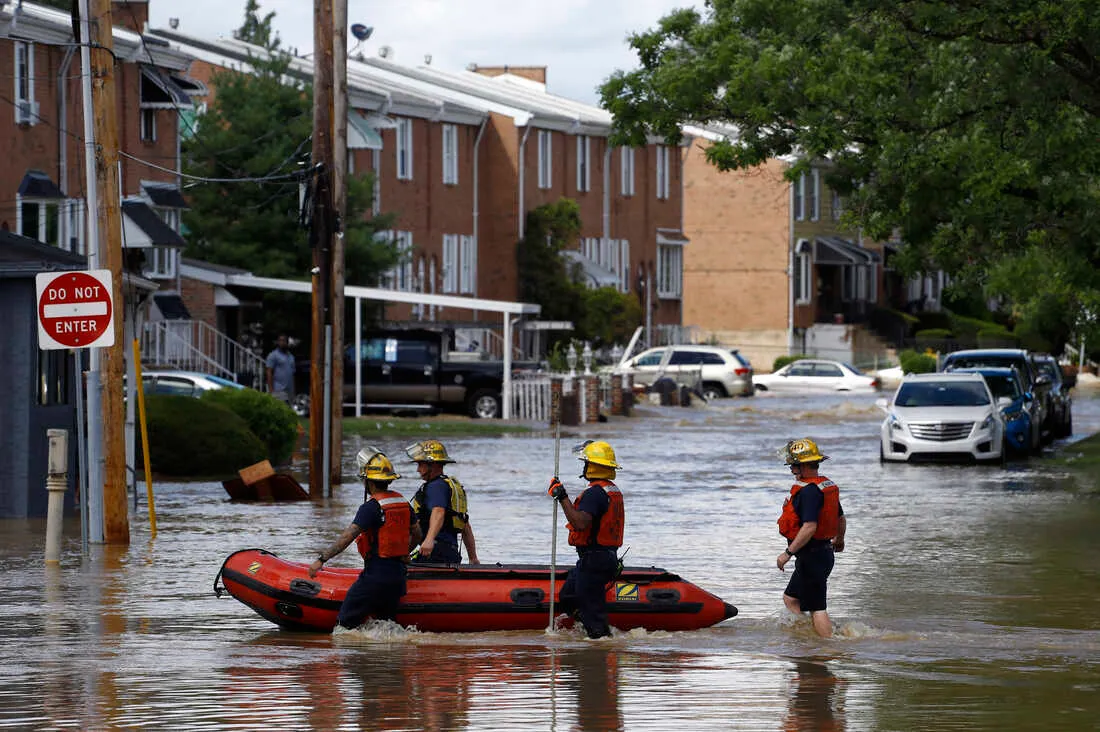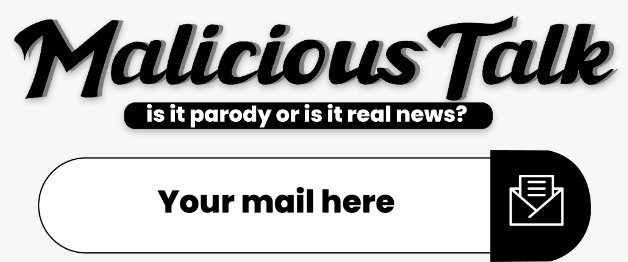During the 1960s and 1970s a story was coming into focus, this is the story of a contradiction – a dilemma that tested the core of the oil and gas industry and its role in shaping the world’s environmental future. The entity in this story is the(API), and about the American Petroleum Institute’s conspiracy and its clandestine initiative—the CO2 and Climate Task Force. When fossil fuels were the key to the energy sector, this task force was created with a purpose to respond to climate policy by denying the growing public concerns about climate change. The story uncovered a divide between the industry’s internal research and its public narrative on climate issues.
The global awareness of environmental issues in the 1980s was becoming daily news now. Dr. John Laurmann, a Stanford University scientist, delivered a dire warning to the public about the long-term effects of CO2 emissions. He warned the industry’s practices were creating an environmental crisis; this warning would challenge the integrity of those in the Energy industry and an create an ethical dilemma for those professionals. Laurmann’s findings forced the task force members to confront the research data and the result was they had found themselves at a moral crossroads, caught between the obligations of a corporate allegiance and profits, and their ethical duty to make public the climate threat. This knowledge had them discussing the ethical and moral questions about their work, leading to internal struggles and with far-reaching public implications.
The Energy Executives in the industry recognized and knew the risks of climate change, but the API’s public position in 1980 was totally contradictory. This organization, which represented the oil and gas industry, continued to promote Energy production while downplaying the severity of climate change effects. Their disregard for the results of the research data and the public contradiction of that data generated concerns about the Energy industry’s motivations.
Members discussed the ethical consequences of their work, some felt a sense of duty to publish the scientific data and warn the public. These discussions provided insight into the personal and professional risks associated with transparency, the challenges of revealing the Energy industry’s duplicity and the consequences of doing so.







